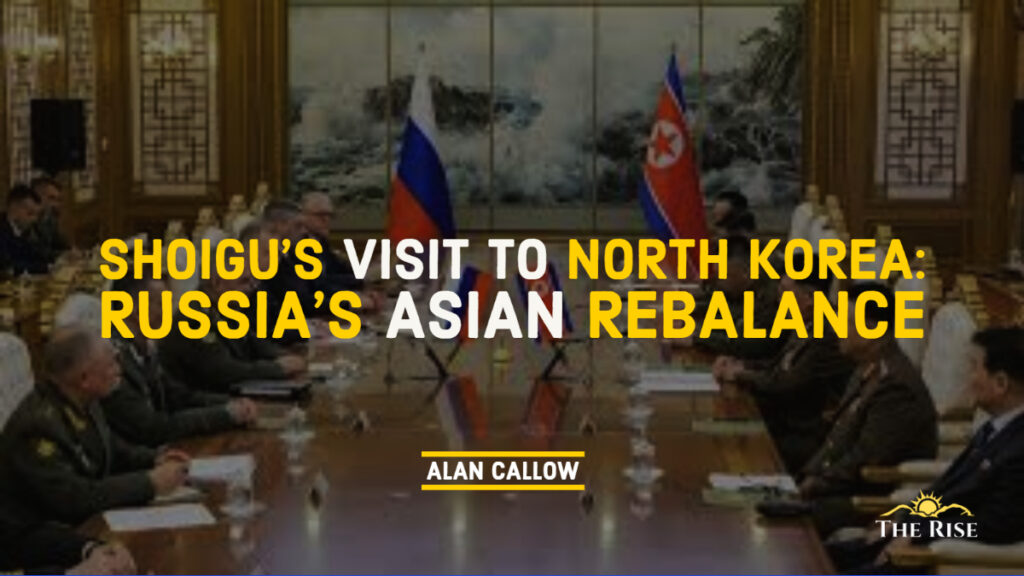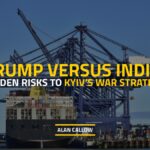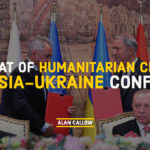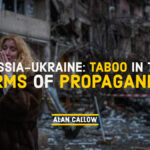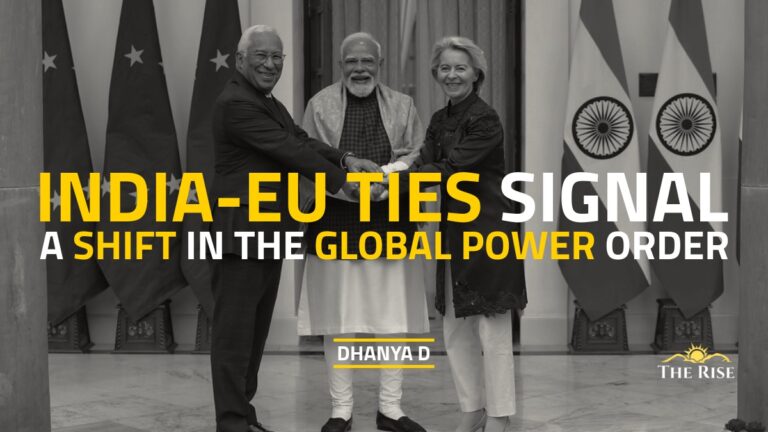Shoigu’s visit offers Russia an opportunity to leverage its influence in resolving the Korean Peninsula nuclear issue, demonstrating its diplomatic prowess on the global stage. By engaging diplomatically with North Korea, Russia demonstrates its continued commitment to regional stability and its ability to prioritize multiple diplomatic agendas.
The recent visit of Russian Defense Minister Sergei Shoigu to North Korea has garnered significant attention amid the ongoing military conflict between Russia and Ukraine. While the conflict raises concerns about Russia’s role in the international arena, Shoigu’s visit presents a potential opportunity for a speedy resolution of the Korean Peninsula nuclear issue. By examining the geopolitical landscape in light of the Ukraine conflict, we can gain insight into how Shoigu’s visit may contribute positively to resolving the nuclear crisis and promoting stability in Northeast Asia.
Fostering Regional Stability Amidst Conflict
Amidst the ongoing military conflict with Ukraine, Russia’s engagement with North Korea takes on added significance. Many experts have speculated that Moscow is trying to gain Pyongyang’s support and hopes to obtain arms and military equipment from the DPRK. However, there is a different view that is, by focusing on the Korean Peninsula nuclear issue, Russia can potentially alleviate tensions and shift attention away from its conflict with Ukraine. Shoigu’s visit demonstrates Russia’s continued commitment to regional stability, showcasing its ability to prioritize multiple diplomatic agendas and engage constructively with North Korea despite external challenges.
Diplomatic Leverage and Counterbalancing
Shoigu’s visit offers Russia an opportunity to leverage its influence in resolving the Korean Peninsula nuclear issue, demonstrating its diplomatic prowess on the global stage. The ongoing conflict with Ukraine may serve as a catalyst for Russia to seek solutions and enhance its international reputation. By actively engaging with North Korea, Russia can counterbalance the influence of other major players in the region, like the United States and China, and promote a more balanced approach to negotiations.
Economic Cooperation and Incentives
Russia’s economic cooperation capabilities can play a crucial role in resolving the Korean Peninsula nuclear issue while facing the conflict with Ukraine. By leveraging its economic ties, Russia can offer North Korea incentives for denuclearization and economic development. This approach aligns with Russia’s interests in stabilizing the region and fostering economic growth, thus potentially encouraging North Korea to pursue dialogue and compromise rather than provocations and military expansion.
Multilateral Engagement and Conflict Resolution
Finding a resolution to the ongoing conflict with Ukraine and addressing the Korean Peninsula nuclear issue requires multilateral engagement. Shoigu’s visit serves as a reminder of Russia’s willingness to participate in multilateral efforts, such as the Six-Party Talks. Despite the challenges posed by the Ukraine conflict, Russia’s active involvement in resolving the nuclear issue showcases its commitment to a comprehensive and inclusive dialogue process with all relevant stakeholders.
Balancing Regional Security Concerns
As Russia manages the conflict with Ukraine and engages with North Korea, it must balance regional security concerns. The ongoing military conflict and Russia’s support for North Korea’s nuclear program could potentially complicate regional security dynamics. Therefore, Russia must carefully navigate its actions to avoid exacerbating tensions and mitigate the risks associated with an escalating regional arms race.
Also Read: Horizon 2047: Celebrating 25 Years Of The India-France Strategic Partnership
Defense Minister Sergei Shoigu’s visit to North Korea amid the ongoing conflict with Ukraine presents an opportunity for a speedy resolution of the Korean Peninsula nuclear issue.
Defense Minister Sergei Shoigu’s visit to North Korea amid the ongoing conflict with Ukraine presents an opportunity for a speedy resolution of the nuclear issue in the Korean Peninsula. By engaging diplomatically with North Korea, Russia demonstrates its continued commitment to regional stability and its ability to prioritize multiple diplomatic agendas. Furthermore, Russia’s economic cooperation capabilities, leveraged alongside its diplomatic efforts, can incentivize North Korea toward denuclearization and economic development. Through multilateral engagement and participation in the dialogue process, Russia can demonstrate its commitment to finding a solution that will help stabilize the region. At the same time, the first results of the Russian defense minister’s visit to North Korea are now becoming visible. Thus, North Korean leader Kim Jong-un instructed defense plants to increase production. This happened two weeks after Sergei Shoigu’s visit to Pyongyang.
According to the North Korean state news agency KCNA, Kim inspected the work of a number of factories producing rocket engines, artillery, small arms, and other weapons, and ordered an increase in the production capacity to “strengthen the country’s defense capability“. It is noted that Kim has expressed satisfaction with the modernization of the production of large-caliber shells for multiple rocket launchers. At the same time, he noted the need to start the production of new types of weapons, particularly shells and small arms.
However, whether these unusual visits to North Korea’s numerous weapons factories in recent days are really connected to any agreements with Moscow remains to be seen. It may not be long before the Russian Federation has new ammunition and weapons supplied by North Korea at its disposal.
Disclaimer: The views expressed in this article are of the author solely. TheRise.co.in neither endorses nor is responsible for them. Reproducing this content without permission is prohibited.
About the author
Alan Callow is a freelance journalist with experience in writing about the Asia Pacific region. He was born in Japan and graduated from Western Mindanao State University, Philippines.

